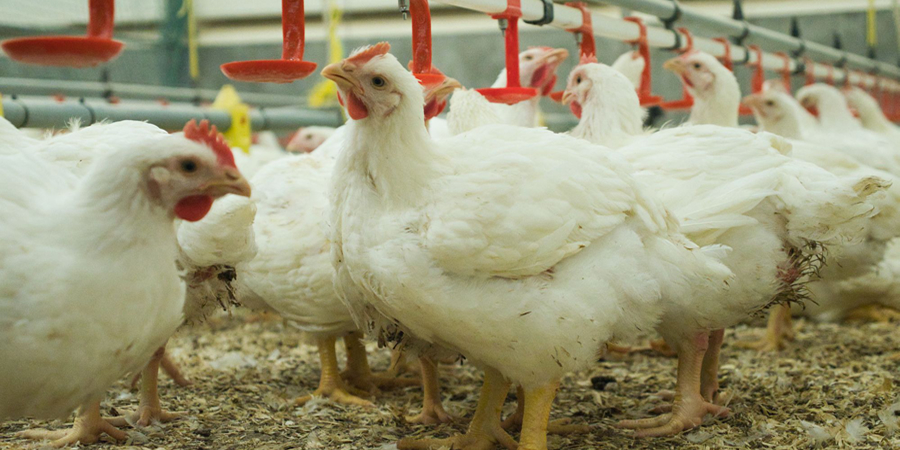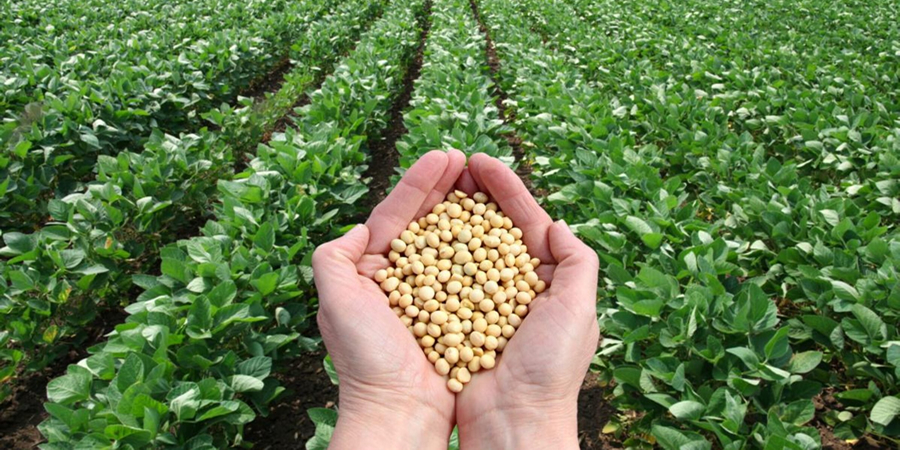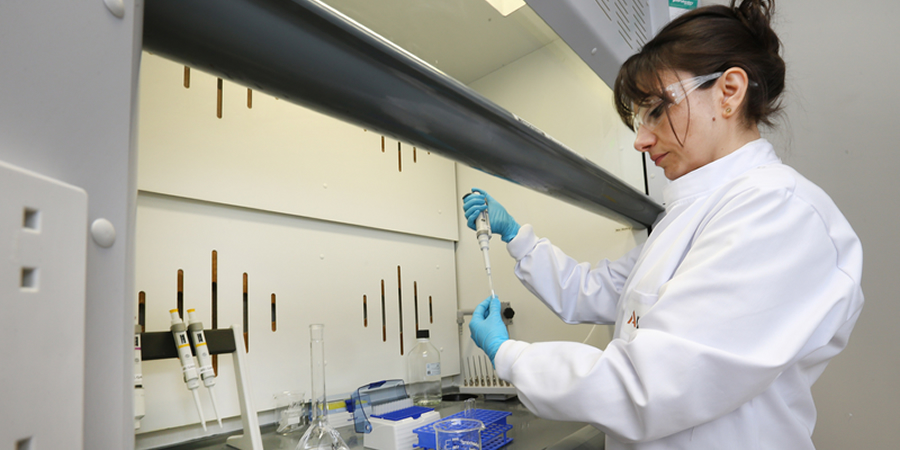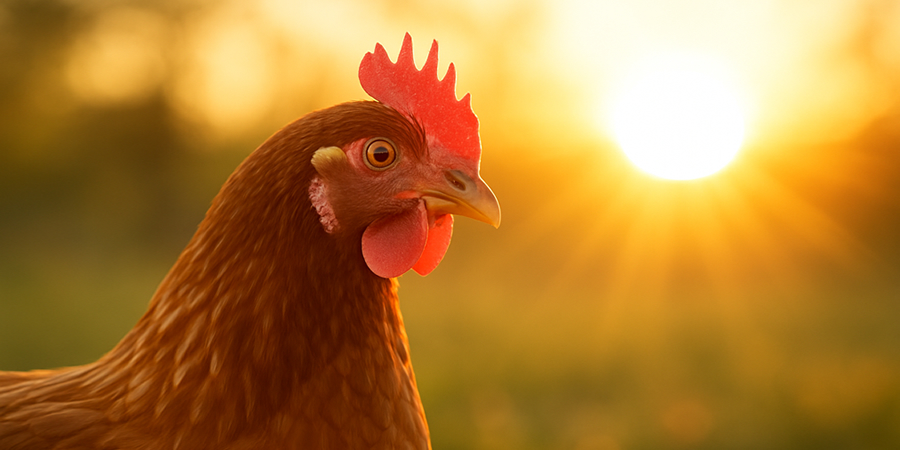
-
Aviagen: It's what's inside that is important - Managing gut health on the farm
Wednesday, February 11, 2026
The chicken gut contains a diverse population of bacteria, viruses, fungi, and protozoa, known as the gut microbiota. The major development of this community starts fromhatching onward, as birds come into contact with the farm environment, people, andfeed. Pathogenic and commensal bacteria that are harmful to humans ca ...

-
Alltech: Rising mycotoxin complexity - A growing threat to animal health and productivity
Wednesday, February 11, 2026
Invisible yet pervasive, mycotoxins remain one of the most significant —and often underestimated — challenges in modern livestock production. Historically, industry attention has centred on a limited number of well-known toxins, such as aflatoxins and zearalenone. Today, however, the reality is far more com ...

-
Grain imports, mycotoxins and the APAC reality in 2025
Wednesday, February 11, 2026
Grain imports are an essential part of the Asia-Pacific feed landscape. As regional feed production continues to expand, imported corn, wheat, barley, and their byproducts have become central to meeting demand across poultry, swine, dairy, and aquaculture systems. Alongside the benefits of scale and availability, howev ...

-
Mycosorb A+ Evo and Mycosorb Evo: Advancing Mycotoxin Defense for Modern Livestock Production
Monday, January 19, 2026
In the world of livestock production, mycotoxins remain silent but formidable adversaries. These invisible compounds infiltrate feed, compromise gut integrity, weaken immunity, and gradually undermine animal performance.

-
Phytobiotics: Positive Gut Feelings - A Glimpse into Welfare & Broiler Nutrition with Isoquinoline Alkaloids
Saturday, January 3, 2026
In modern poultry production, success and profitability are closely linked to both physiological and welfare parameters. Environmental and nutritional inputs influence physiological mechanisms, ultimately affecting live performance and slaughter outcomes.

-
Yeast cell wall extract's role in combating mycotoxin risks
Thursday, April 3, 2025
Yeast cell wall extract (YCWE) has been shown to effectively mitigate the impacts of mycotoxins on animal health and performance. Recent meta-analyses highlight its role in improving productivity, sustainability and profitability across both poultry and pig production systems.

-
Assessing Mycotoxin Risks in Imported Grains for Asian Livestock Production
Thursday, April 3, 2025
In 2025, a substantial portion of livestock feed in Asia is sourced from grains imported from Europe, North America, Canada and Latin America. The productivity, health and overall performance of livestock are heavily reliant on these raw materials, which include corn, wheat and barley.

-
Choosing the right mycotoxin test for your business
Thursday, April 3, 2025
Knowledge is power when it comes to effectively managing the dynamic challenge that mycotoxins pose to the productivity of even the best-run livestock operations. Since they are both invisible and odorless, the task of detecting these unwanted toxic compounds relies upon a range of specialist detection methods, each po ...

-
Vitamin C-Strategy for improving laying hens during the late laying period
Thursday, October 10, 2024
Currently, commercial laying hens can be kept past the age of 80 weeks. egg production performance experiences a rapid decline towards the end of the laying cycle. In addition, when the hens' bodies are more likely to produce large levels of free radicals during the later stages of the laying cycle, which in turn h ...

-
Innovation in Formaldehyde-Free Feed Disinfectant: Strengthen Feed Biosecurity and Protect Animals from Pathogen Infection
Thursday, October 10, 2024
In modern livestock farming, a robust biosecurity program is crucial for ensuring healthy animals and safe food production. Feed safety is a vital component of biosecurity management. Feed and feed ingredients have been identified as key transmission vehicles for pathogens such as Salmonella spp.










